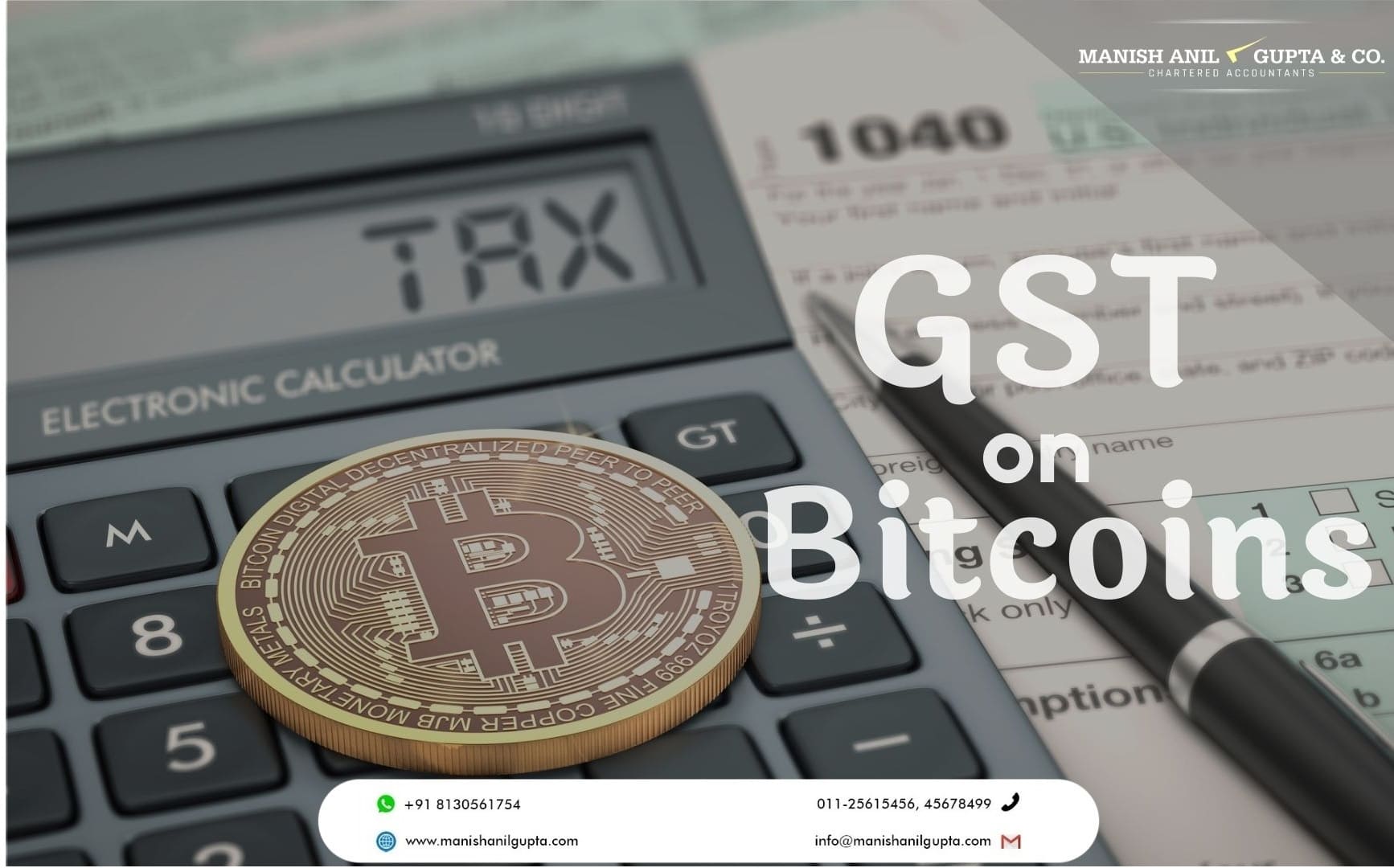
The Ultimate Guide to Transfer Pricing Methods for Business Success
Unlock the secrets of transfer pricing and navigate global taxation with confidence. . . .Jun 27, 2023
Read More
Contact us
The Central Government shattered down on the cryptocurrency market in December 2017, making it a grey area in India. The RBI had placed a ban on banks from dealing in cryptocurrencies in April 2018, prohibiting them from buying/selling cryptocurrencies for INR through banks. Despite this, India ranks among the top five countries globally, having 44 per cent of the world's share. But so far, regulators have refrained from giving them legal or illegal status.
As per Section 2(52) of the CGST Act, "goods" means every kind of movable property other than money and securities but includes actionable claims, growing crop, grass and thing attached to or forming part of the land which is agreed to be severed before supply or under contract of supply.
Bitcoin can be money or security for purposes of taxation under GST.
Since money and securities are excluded from the definition of goods under GST, it is pertinent to note their meanings separately.
Further, Section 2(75) of the CGST Act defines "money" as Indian legal tender or any foreign currency, cheque, bill of exchange (BOE), letter of credit (LOC), promissory note, draft, traveller's cheque, money order, pay order, postal or electronic remittance or any other instrument recognised by the RBI when used as consideration to settles an obligation or exchange with the Indian legal tender of some other denomination but shall not include any currency that is being held for its numismatic value.
Securities as defined under the GST Act have the same meaning as assigned under Section 2(h) of the Securities Contract (Regulation) Act, 1956. Which defines securities as :
1.Shares, stock, scrips, bond, debentures, debenture stock or other marketable securities of a similar nature in or any incorporated company or body corporates
2.Derivative
3.Unit or any other instruments issued by a collective investment scheme to investors in such scheme
4.Security receipts as defined in clause (zg) of the Section 2 of Securitisation and Reconstruction of Financial Asset & Enforcement of Security Interest Act, 2002.
5.Unit or any other such instruments issued to investors under any mutual funds scheme
6.Government securities;
7.Other instrument as may be declared by CG to be securities; and
8.Rights or interest in securities
By analysing the above definitions, we can say that bitcoin or other tokens do not fall into the bracket of money or securities.
Services have been defined under GST as anything other than good, money and securities but include activities relating to use of the money or conversion by cash or any different mode, from one form, currency or denomination, to some another form, currency or denomination for which separate consideration will be charged.
It can be interpreted that the trading of cryptocurrencies falls under the definition of service and shall be liable to GST.
Blogs

In today’s business environment, the world demands quality professional services that are provided in a timely and cost-effective manner. We, at Manish Anil Gupta & Co, believe in putting our client’s needs squarely in front at all times.
"Need to know more about our services or what we do? Drop us your contact details and one of our professionals will call you to answer your query!"
0 Comment